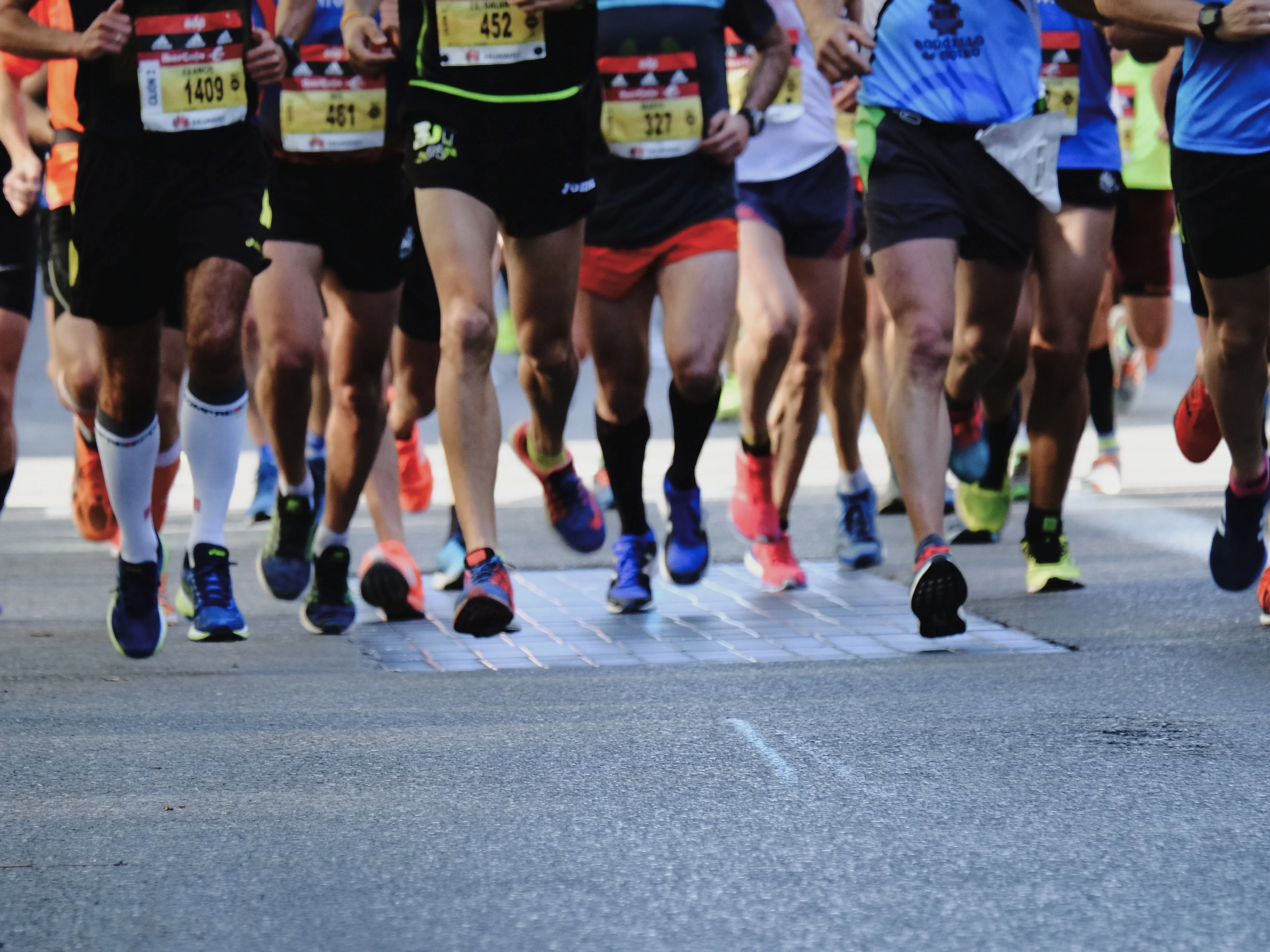
Physical exercise, especially running, has a profound effect on the human body, going beyond muscle growth and cardiovascular fitness. It plays an integral role in regulating hormone levels, which in turn contribute to various bodily functions, mood, and overall health.
In this article, we will dive deep into the world of hormones, understand their functions, and explore the significant bond between running and hormone regulation. Whether you’re an avid runner or just getting started, it’s crucial to be aware of this invisible yet highly influential aspect of fitness.
The Hormone-Running Connection

Hormones, these powerful chemicals produced by your body, regulate almost every physiological process. From growth and development, metabolism, reproduction to stress response - everything connects to these tiny creators.
Running triggers the release of several hormones, creating a ripple effect on various systems within our body. Serotonin, endorphins, testosterone, and human growth hormone (HGH) are significantly affected by your running habits, impacting everything from mood and energy to muscle growth and recovery.
Runners’ High: Endorphins and Serotonin
Endorphins and serotonin are often noted as ‘feel good’ hormones. Released during running, they contribute significantly to what is known as a ‘runner’s high.’ This sensation follows a strenuous workout and is characterized by feelings of euphoria and a state of reduced anxiety.
Serotonin, a neurotransmitter, plays a vital role in mood regulation. Many antidepressant medications work by increasing serotonin levels, indicating the hormone’s importance in promoting a sense of well-being.
Testosterone and Muscle Growth
Running, especially high-intensity sprinting, stimulates the production of testosterone - a hormone instrumental in muscle development and strength. Although more abundant in males, testosterone is still vital for female runners due to its role in muscle repair and maintaining bone density.
However, it is crucial to maintain a balance here. Excessive endurance running may lead to a drop in testosterone levels, which could have a negative impact on muscle mass and performance.
HGH and Recovery
Human Growth Hormone (HGH) plays a vital role in cellular regeneration and repair, thus helping your body recover from strenuous exercises like running. High-intensity interval training (HIIT) has been shown to stimulate HGH production, promoting faster recovery and improving overall athletic performance.
Balancing Act: The Importance of Rest
While running does stimulate the production of several hormones beneficial to health and wellness, it is vital to underline the importance of rest and recovery. Without adequate downtime, the body may experience hormonal imbalances which can lead to fatigue, poor performance, and even risk of injury.
Remember, a balanced approach to running coupled with rest and proper nutrition is key to maintaining optimal hormone health.
Running has the power to transform, not just physically, but psychologically and hormonally too. Understanding the unseen hormonal changes triggered by running can provide insight into your health, performance, and how you feel post-run. So the next time you lace up your running shoes, you’re not just stepping out for a run, but for hormone health and happiness too.



